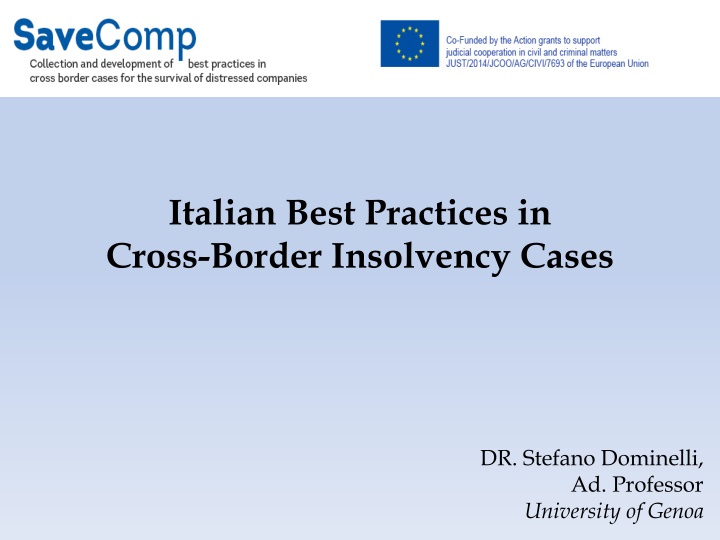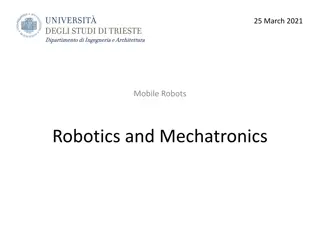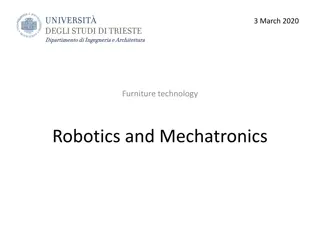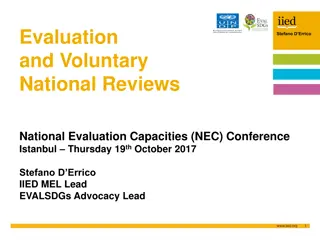
Italian Best Practices in Cross-Border Insolvency Cases
Explore Italian best practices in cross-border insolvency cases, covering international jurisdiction, Art. 9 of Italian Insolvency Law, group of companies considerations, recognition of decisions, and cooperation and communication strategies for effective resolution.
Download Presentation

Please find below an Image/Link to download the presentation.
The content on the website is provided AS IS for your information and personal use only. It may not be sold, licensed, or shared on other websites without obtaining consent from the author. If you encounter any issues during the download, it is possible that the publisher has removed the file from their server.
You are allowed to download the files provided on this website for personal or commercial use, subject to the condition that they are used lawfully. All files are the property of their respective owners.
The content on the website is provided AS IS for your information and personal use only. It may not be sold, licensed, or shared on other websites without obtaining consent from the author.
E N D
Presentation Transcript
Italian Best Practices in Cross-Border Insolvency Cases DR. Stefano Dominelli, Ad. Professor University of Genoa
Art. 9 Italian Insolvency Law: It is possible for courts to declare the insolvency of companies with principal seat abroad = possibly overreaching provision Best practice: Courts require foreign companies to carry out an organized activity in Italy. Transitory activities are not enough (Italian fiscal code alone is not sufficient - Tribunale di Genova 8 giugno 2000, in Il fallimento, 2001, 108) Jurisdiction under the InsReg: To determine the COMI, Italian courts evaluate significant assets, place of service of documents, where managerial decisions are taken in a manner recognizable to third parties, presence of bank accounts Room for enhancement of practice: Courts have also taken into consideration difficulty to serve documents in the new State, and retention of the habitual residence by the manager in the previous State. It appears that such elements should only be invoked by court ex abundantia cautela
Group of Companies The presumption of the COMI (State of registration) can be rebutted if the company does not carry out any activity in the latter place and managerial decisions are taken by the mother company in another Member State Good practice to be carefully evaluated: A domestic company part to a group, subject to a principal procedure abroad, can still be subject to a secondary procedure in Italy, even if this substantially annuls the principal one (Cassazione civile, sez. un., 29/10/2015, n. 22093, Illochroma italia Srl in liquidazione c. Sutti, in Guida al diritto 2016, 3, 38)
Recognition of decisions Good practice: Seldom recourse to the public policy exception Good practice: Reactions to EU decisions on the opening of a principal insolvency procedure lead to the opening of a secondary procedure if there is an establishment in Italy Good practice: Following the opening of a principal procedure, individual actions are precluded (Tribunale Venezia, 21/12/2010, Dan Bunkreing Ltd.. c. Dolphin Maritime Ltd.. e altr, in Il diritto marittimo, 2011, 607)
Cooperation and communication Significant room for developing best practices Direct communication between courts Similar scheduling of hearings Possible appointment of the same liquidator in two MSs? Exchange of information Overall evaluation of single actions








